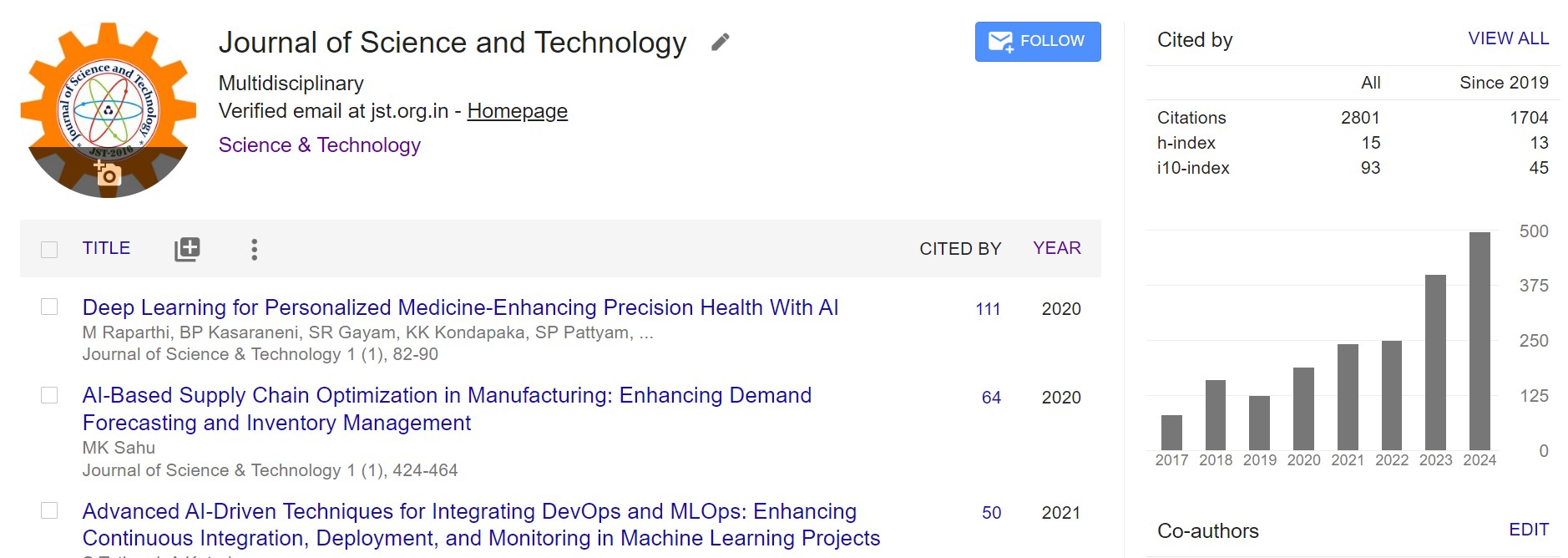REAL-TIME MALWARE DETECTION VIA ADAPTIVE GRADIENT SUPPORT VECTOR REGRESSION COMBINED WITH LSTM AND HIDDEN MARKOV MODELS
Keywords:
Real-Time Malware Detection,, daptive Gradient Support Vector Regression (SVR), Long Short-Term Memory (LSTM), Hidden Markov Models (HMMs), Machine Learning.Abstract
Background: Traditional detection systems struggle to keep up with the growing sophistication of malware attacks. This paper highlights the critical need for enhanced detection systems capable of real-time analysis to improve cybersecurity measures. Methods: We propose a malware detection system that improves accuracy and efficiency by combining adaptive gradient support vector regression (SVR), long short-term memory (LSTM) networks, and hidden Markov models (HMMs). Objectives: The major goal is to provide a strong malware detection framework that uses machine learning and deep learning approaches to improve detection rates for new malware signatures and time-dependent anomalies. Results: Our extensive testing demonstrates that the proposed system delivers high accuracy, precision, and recall, exceeding existing detection approaches and proving resilience to future malware threats. Conclusion: This integrated methodology dramatically improves real-time malware detection capabilities, overcoming past limitations and delivering a dependable answer to modern cybersecurity concerns.






















